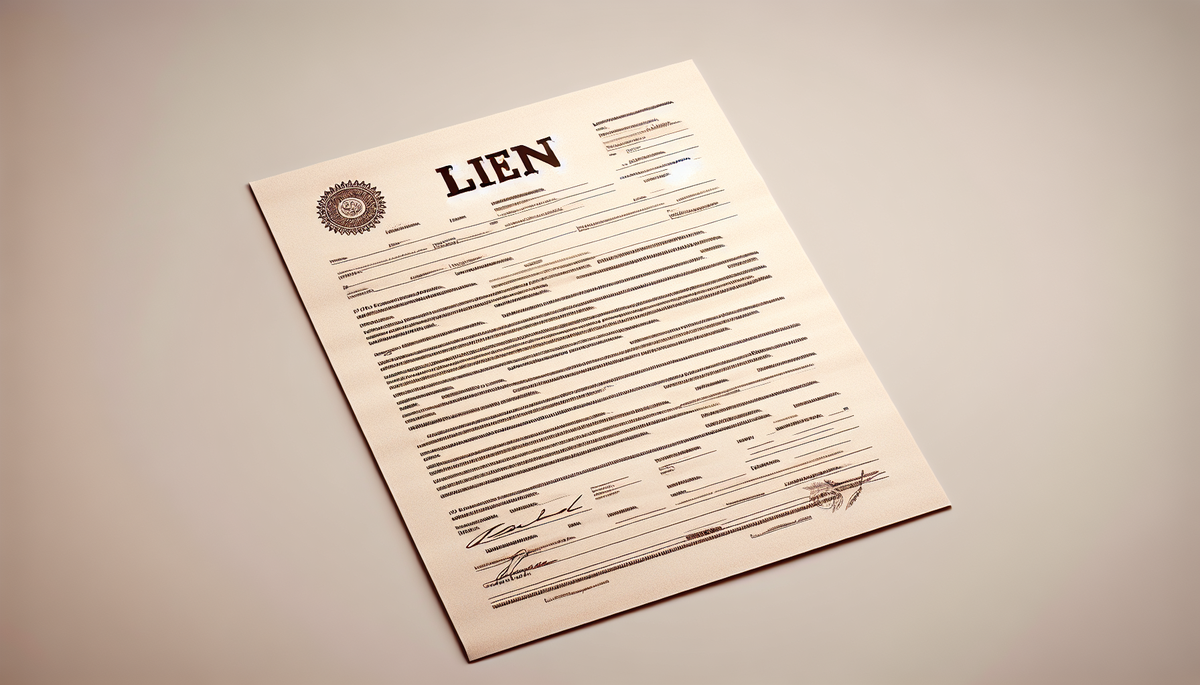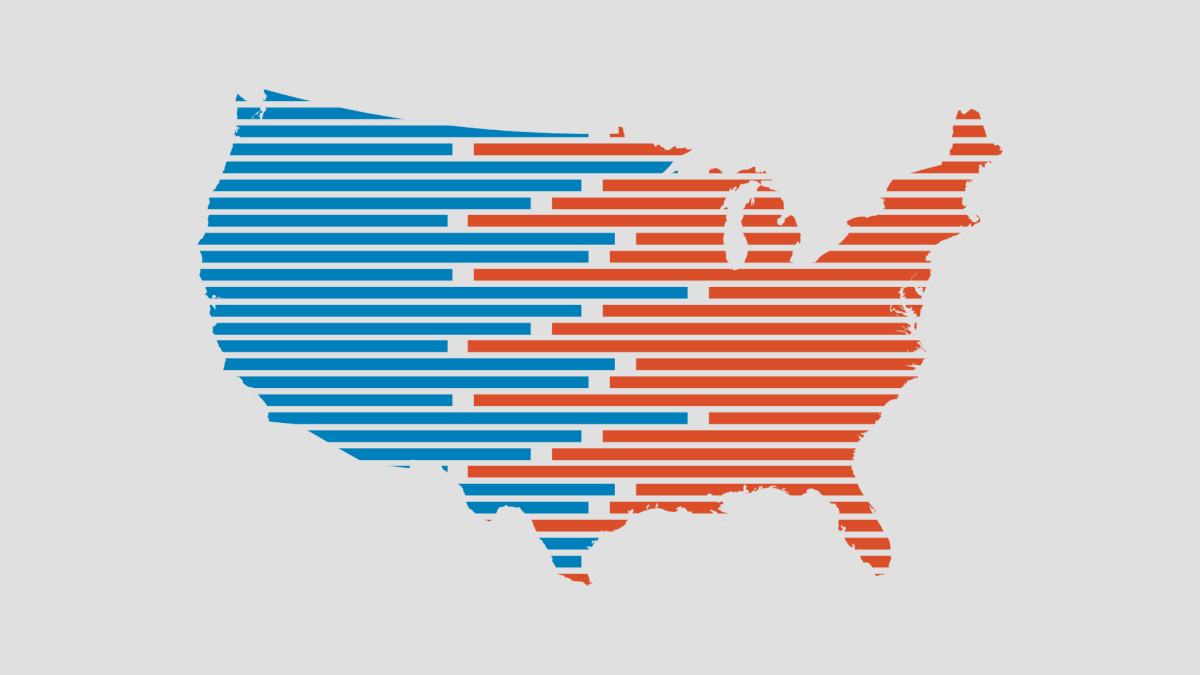Education, eNews
Tailored study methods for NACM courses
In the pursuit of academic excellence, understanding how to effectively study is paramount. From late-night cram sessions to meticulously planned study schedules, each embarks on a unique quest to uncover the methods that yield the greatest results.

In the pursuit of academic excellence, understanding how to effectively study is paramount. From late-night cram sessions to meticulously planned study schedules, each embarks on a unique quest to uncover the methods that yield the greatest results.
Why it matters: Grasping the nuances of one’s study methods can significantly enhance learning efficiency and productivity, fostering a more conducive environment for personal growth and professional development.
Prepare
To accomplish anything, especially in education, you must actively prepare. According to Harvard University, students who are mentally prepared for class and know what to expect from the day’s schedule can be more attentive and focused on course material.
Knowing what to expect and preparing adequately will empower you to successfully complete any exam, course or educational program you pursue. “Due to my high anxiety about taking tests, the three-month delay between the end of our graduate program and the exam for the Certified Credit Executive (CCE) designation was a good amount of time for me to prepare, organize my study materials and make flash cards and really focus on the end goal,” said Erin Stammer, CCE, vice president of credit at PNW Railcars, Inc. (Portland, OR).
Stammer successfully passed the final CCE exam after completing the Graduate School of Credit and Financial Management (GSCFM), a hybrid program that covers four essential business and professional growth disciplines: Advanced Financial Statement Analysis, Legal Environment of Credit, Advanced Negotiations and Leadership. Not only was the graduate program a success, but Stammer became the recipient of the peer-elected GSCFM Student Leader Award for 2023.
Stammer advises that students purchase the books recommended in the courses. “I read through the book and reviewed chapters that we hadn’t gone to in-depth during class,” she said. “I also spent time on areas that I wasn’t sure of until I felt more confident that I had mastered them.”
Manage Your Time Wisely
Effective time management enables individuals to achieve their goals, reduce stress and maintain a healthy work-life balance. One way is to create a study plan, or an organized schedule outlining study times and learning goals. Students can create a weekly study schedule, incorporating quizzes, tests and exam dates, along with paper and project deadlines.
Tina Rodgers, CBA, credit manager at Spartan Chemical Company, Inc. (Maumee, OH), created an organized schedule with time set aside to study for her Credit Business Associate (CBA) exam. “I used various study materials such as the live Zoom meeting for exam review,” she said. “On the NACM website, I used the practice exam and downloaded the recorded CBA exam review.”
Andrejs Semjakins, CICP, global credit analyst at BioMarin International Ltd (Portmarnock, Ireland), made use of days off to catch up with course material for his CICP. “If you’re falling behind, use your breaks so that you can go through the most difficult modules again and redo the quizzes to refresh your memory.”
Make sure your study schedule is realistic and fits into your schedule, increasing comprehension and retention. “Try to study in 20- to 30-minute bursts at a time up to the final exam for at least 30 days to retain the information best,” said Tim Cain, CBA, director of global credit and collections at Keen, Inc. (Portland, OR).
Improve Note-Taking Skills
Mastering note-taking skills can significantly enhance information retention and comprehension, thereby improving academic performance and long-term professional success.
Here’s a few ways to do so:
- The Sentence Method: Points are written as sentences and categorized under headers. After class, lecture notes are simplified and reorganized for readability.
- The Outline Method: It simplifies note organization into headers and bullet points. Each point can be converted into study questions for review.
- The Cornell Method: A notebook page is divided into a bigger notes column and a smaller recall column for relevant questions and keywords.
- The Charting Method: It uses columns for each topic, with details added underneath and relationships noted across rows.
- The Mapping Method: Organizes topics into related subtopics, allowing for detailed notes and easy highlighting of concept relationships.
“It’s a lot of information to read but taking good notes is important to be able to study the material,” said Marcela Rolon, CBA, credit manager at RCP Block & Brick, Inc. (Lemon Grove, CA).
Practice. Practice. Practice.
Our capacity to process multiple stimuli is limited and without proper focus, information is lost. By regularly practicing or repeatedly performing an activity or exercise, you can improve or maintain your proficiency. Through practice, you can enhance your speed and ability in accessing information, enabling you to tackle more complex data and issues.
“Even if you get an answer correct on the multiple-choice practice exam, challenge yourself to learn thoroughly about each of the possible answer choices,” said Steven Prensner, CBA, senior credit analyst at MasterBrand Cabinets, Inc. (Jasper, IN).
Start applying what you learn to your work right away. “The process of applying the coursework to a direct example is a phenomenal way to study,” said Jessica Kempton, CBA, junior credit analyst at PNW Railcars (Portland, OR).
Partner Up
Working with your professors and other students will make studying more efficient. Concepts and topics can be understood faster when ideas are exchanged between different people.
“Pick a study partner to discuss the material with because how you interpret the material will differ from how another person does,” said Linda Niffenegger, CBA, CCRA, credit analyst at Anchor Packaging (Manchester, MO). “With both of you discussing it, you can come up with the outcome of what’s really being asked and learn from that. It’s also important to rest and eat well to maintain your health so that you’re not overwhelmed while studying.”
Use Your Resources
Making use of the materials, environment and people around you will help you study more effectively. Reach out to your professor, peers, mentors or colleagues. Visit a library or search the web. Use the tools around you to enhance your retention and fill knowledge gaps.
Ultimately, you know what study methods suit you best. Don’t shy away from customizing your approach to enhance your grasp of the course content. “If I’m doing something else with my hands, I retain the information better than if I just sat and listened to it,” said Heather Spencer, CBF, senior district financial manager at The Sherwin-Williams Company (Lenexa, KS). “So, when I was listening to the lectures, I would build a Lego so that I could listen better.”
The bottom line: Developing strong study habits and time management skills is not only crucial for academic success but also for professional growth, as it sets the foundation for continuous learning and advancement in one’s career.





